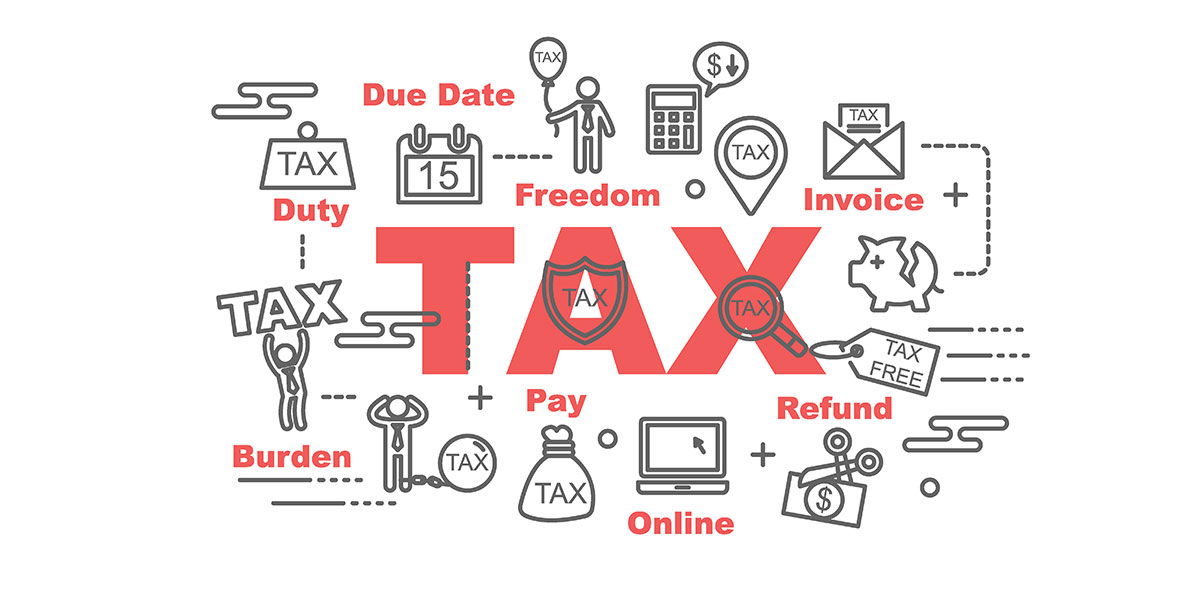Last Updated on August 22, 2025
Tax audit may be considered as one of the most significant compliance factors in India for businesses and professionals. It guarantees accountability, transparency and accuracy in the reporting of financial affairs. Section 44AB of the Income Tax Act 1961 speaks of the provisions of tax audits. It is critical to know its scope, applicability, and procedure with regard to extending it to every business owner, professional, and taxpayer.
What is a Tax Audit under Section 44AB?
Tax audit is the scrutiny of the books of accounts of a taxpayer conducted by a Chartered Accountant (CA). The main idea of the audit is to ensure that income, expenditure, and waiver of the deductions are properly decided in line with provisions of the Income Tax Act.
Section 44AB places a compulsory condition on the audit of accounts of categories of taxpayers and filing of tax audit report within the stipulated time.
Objectives of a Tax Audit
There are various purposes of the tax audit under the Indian tax law
- Ensures books of accounts are well maintained.
- It helps in reporting income and expenses accurately.
- This prevents avoidance of taxes as it institutes transparency
- The Assessing Officer gets credible information on which to base the tax assessment.
- Decreases the possibility of confrontation and litigation as a result of standardized reporting.
Applicability of Section 44AB
Section 44AB is applicable to businesses and professionals once their turnover or gross receipts exceed the threshold limit. The applicability is the following:
1. For Businesses
- When the total sales, turnover, or gross receipts amount to more than 1 crore in any financial year, a tax audit is obligatory.
- Nonetheless, this limit is raised to 10 crores in case of a taxpayer whose cash transactions (receipts and payments) are not more than 5 percent of the total transactions.
2. For Professionals
In a financial year, if the gross receipts of a professional exceed 50 lakh, a tax audit is mandatory.
3. For Presumptive Taxation Cases
Under Section 44AD (business) and Section 44ADA (profession), in the event of a taxpayer declaring a lower income than that prescribed as the presumptive income and total taxable income more than the type’s exemption limit, a tax audit will be required.
Forms Required Tax Audit
The Income Tax Rules have specific forms to be filed in a tax audit:
- Form 3CA: The use of this form is where the taxpayer is already subject to a statutory audit under some other law.
- Form 3CB: It is applicable in cases where there is no statutory audit requirement under any other articles of law.
- Form 3CD: A statement of particulars detailing the information that is to be given together with Form 3CA/3CB.
Such forms are to be submitted electronically and signed by a Chartered Accountant.
Due Date for Filing Tax Audit Report
Representation of the tax audit report should be made before 30th September of the relevant assessment year. But in any instance where transfer pricing provisions are used, the due date will be 30th November.
Penalties are possible when the filing is late, hence a person should comply on time.
Penalties for Non-Adherence
Penalties for an account not being audited are under Section 271B of the Income Tax Act. The fine is
- 5% Sales, turnover or gross receipts of the business or profession.
- Maximum limit up to 1,50,000.
The penalty can be avoided in case the taxpayer is able to demonstrate reasonable cause for the failure.
Exemption from Tax Audit
Not every taxpaying individual must go through a tax audit. Exemptions include:
- HUFs and individuals who do not conduct business or a profession.
- Taxpayers who have been put under the presumptive taxation scheme and declare income at fixed rates.
- Taxpayers with a turnover that is less than the defined amounts
Significance of Section 44AB to business compliance
Section 44AB is a significant part of enhancing the financial reporting environment in India. Businesses and professionals also benefit in that a tax audit will make them have proper accounting records, be compliant with statutory requirements and have credibility with stakeholders.
The government also benefits because the audit will enable tax authorities to gauge the accuracy of the income declared and curtail revenue leakages.
Recent Amendments
The government has altered the thresholds of turnover and digital transaction facilitations to make compliance easier. The law enables digitalization because 10 crores have increased the turnover threshold to those businesses which have minimum cash transactions and thereby minimizes the burden of unnecessary compliance.
Practical Example
Take an example of a trading company with a 98 per cent digitalization of its sales amounting to 8 crores annually. As the cash transactions remain less than 5 percent, the company does not come under the penalty of Section 44AB, since the turnover requirement is 10 crores.
Conversely, a professional whose gross receipts in a given year were 60 lakhs is required to undergo tax audit as the small ratio of the assessed person limit stands at 50 lakhs.
Conclusion
Section 44AB of the Income Tax Act provides a very necessary means of audit of tax as an important compliance mechanism and as a way of financial discipline and correct reporting. Although it puts an extra burden on businesses and professionals, it tightens the regime of transparency and limits the conflict situations with the tax authorities.
All taxpayers whose turnover or gross receipts exceed the given limit must take utmost care to analyse their position and engage, in case of need, a Chartered Accountant to audit them and file the audit report within the stipulated deadlines.
Compliance will not only prevent imposition of any penalties but will also build confidence among stakeholders and result in long-term financial stability.
Related Service





